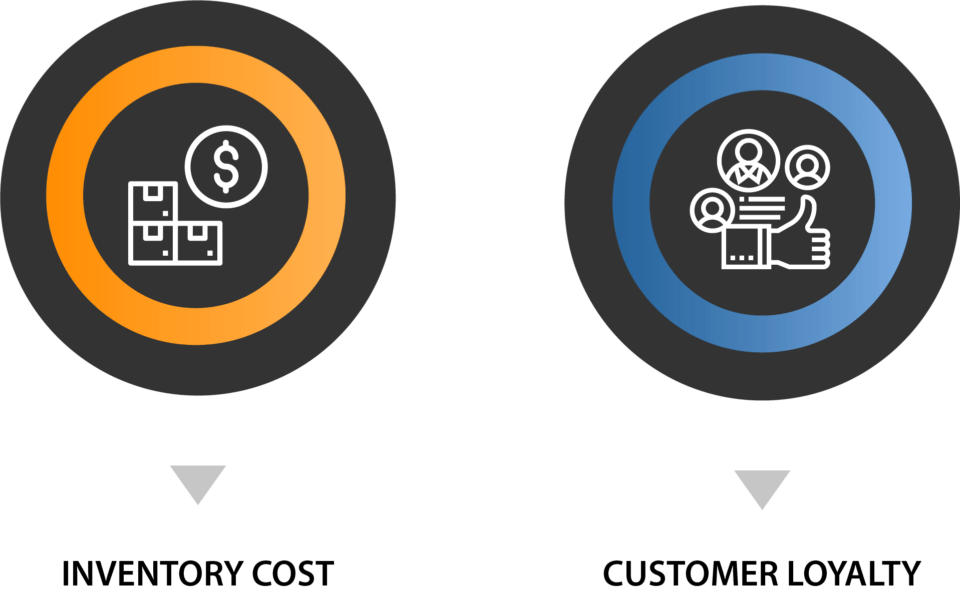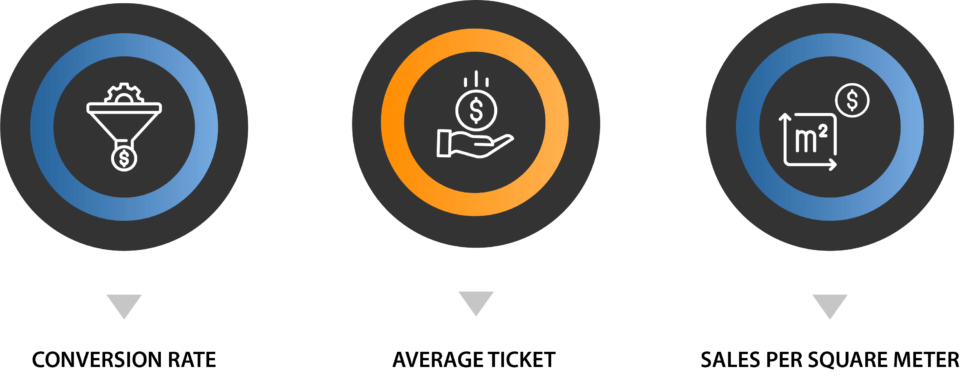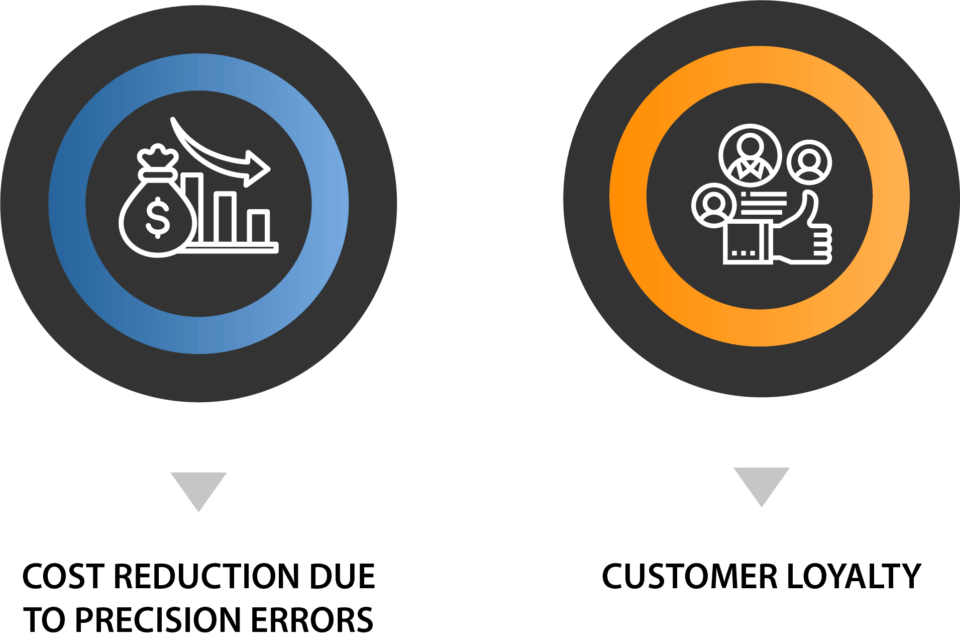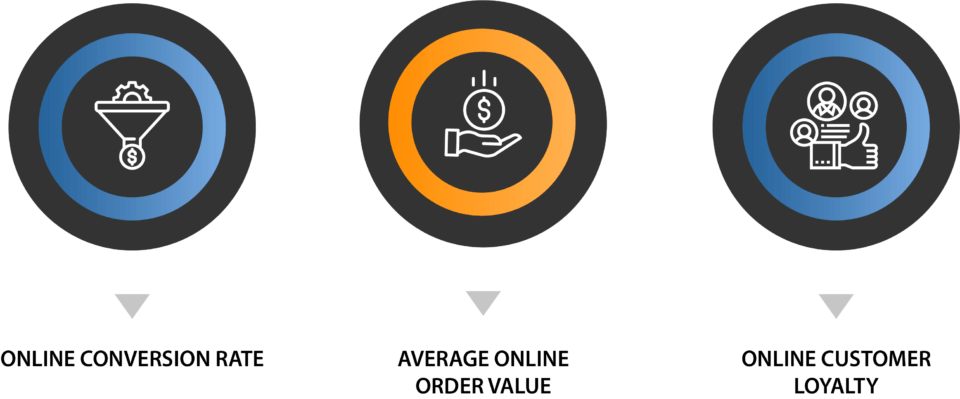Artificial intelligence (AI) has emerged as an ally for retail companies aiming to streamline processes, enhance customer experiences, and boost profitability.

You know you need AI in your business if…
If you identify with any of the following situations, it is time to consider incorporating AI into your retail strategy:
1. Fluctuating inventory and uncertain stock management
If you experience fluctuations in product availability, stock shortages, or struggle with determining the optimal product mix across your points of sale, AI algorithms offer a solution. By analyzing historical sales data, market trends, and geospatial information, AI enables highly accurate demand forecasting and optimized product distribution. This, coupled with optimization techniques, minimizes storage costs and maximizes product availability, directly impacting inventory costs, customer loyalty, and margin improvement.
Direct impact on:

2. Optimization of store layouts and visual merchandising (VM)
Achieving the perfect layout and VM requires insights into customer behavior. AI algorithms analyze customer movement within stores and interactions with products to recommend optimal product placements, boosting sales. Ensuring your shelves feature top-selling items directly impacts conversion rates, average ticket/basket size, and sales per square meter.
Direct impact on:

3. Enhanced logistics and Order Management
AI optimizes supply chain efficiency, order logistics, and real-time inventory management, ultimately improving delivery accuracy and customer satisfaction. Through demand forecasting and optimization models, AI identifies demand patterns, ensuring resource efficiency for swift and precise deliveries, thereby reducing costs related to errors and fostering customer loyalty.
Direct impact on:

4. Personalized E-commerce Experiences
AI automation streamlines product categorization and tailors’ online stores to individual customers based on their preferences, purchase history, and browsing behavior. Leveraging natural language processing (NLP) and image recognition, AI ensures a personalized and intuitive shopping experience, directly impacting online conversion rates, average order value, and customer loyalty.
Direct impact on:

*Customized offerings also mitigate returns, leading to reduced reverse logistics costs.
Ready to embrace the future of retail? Request our latest eBook now to explore everything you need to know about AI.




